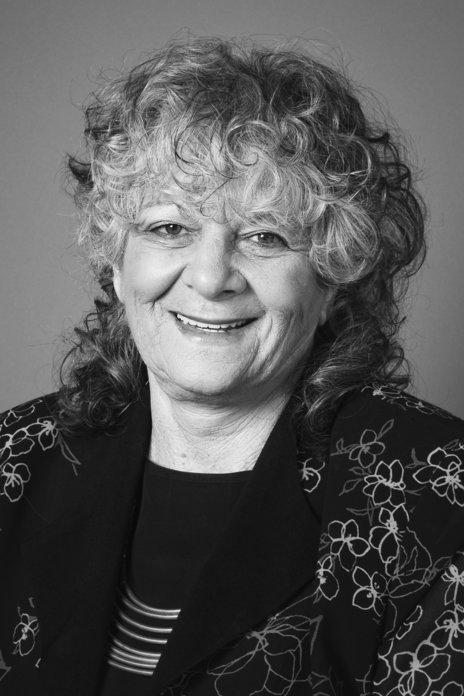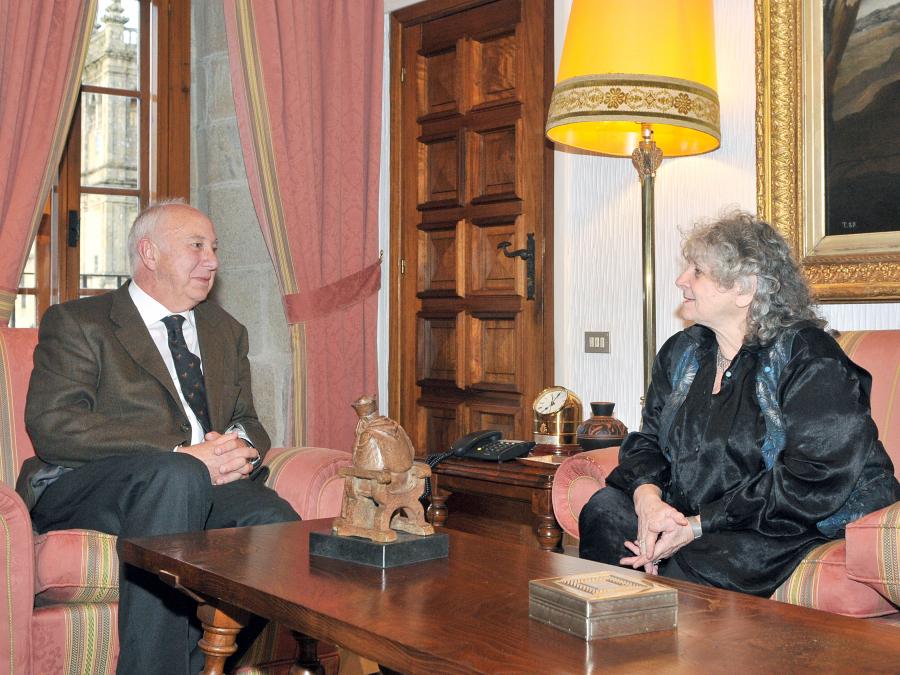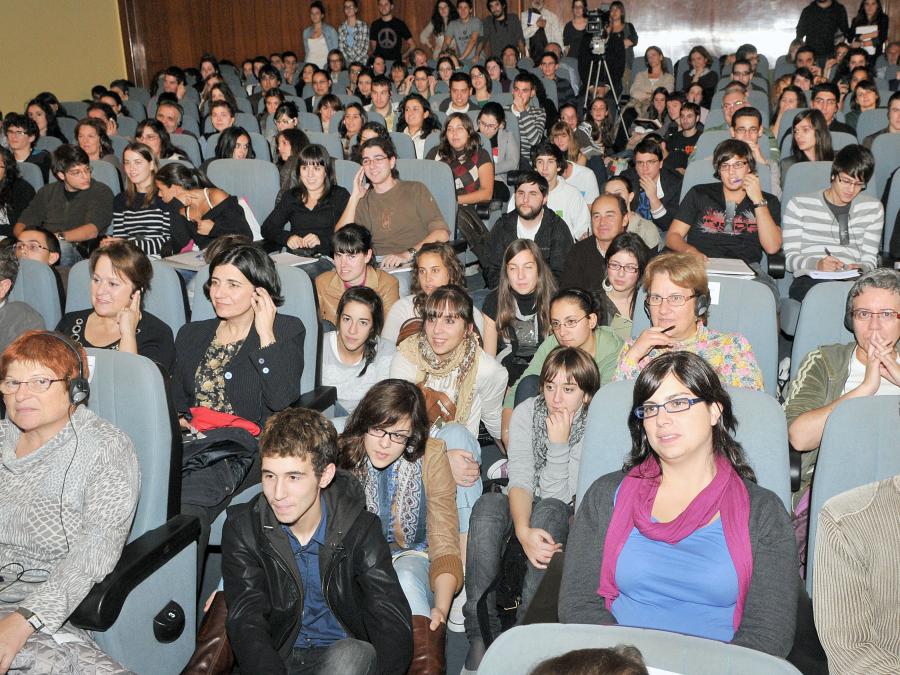
Nobel Prize "for studies of the structure and function of ribosomes".
Her work focuses on the processes that govern the key to life: the translation by ribosomes of DNA information. Ribosomes produce proteins that control the chemistry of all living beings. Since ribosomes are crucial for life, they are also a key target for new forms of antibiotic.
Until 2009, after 108 years of Nobel Prize history, the prize in chemistry had gone to only three women: Marie Curie, her daughter Irene Curie and Dorothy Crowfoot Hodgkin, the last being given in 1964. In 2009 Ada Yonath became the fourth woman to receive this prize.







